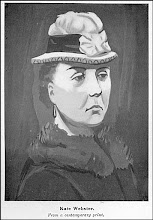
EL Doctorow: 'I found myself writing this line: I’m Homer, the blind brother – I had the voice; I was off.'
The author of Ragtime, The Book of Daniel and Homer and Langley talks to Sarah Crown.
On a quiet Harlem backstreet at the end of a row of stately brownstones is a grassed-over sliver of land, home to a handful of plane trees, a couple of flowertubs and a garden bench or two. A sign on the railings gives its name as the Collyer Brothers Park. It stands on the lot of what was once the home of Homer and Langley Collyer, well-born, educated, affluent brothers who slowly but surely turned their backs on polite society, shuttering their windows and giving themselves over to a shadow-life of squirrelling. After their deaths in 1947 (Langley under a landslide of rubbish; Homer, blind and paralysed, from starvation), their house was broken open: the 130 tons of junk discovered within saw them posthumously ordained as America's most notorious pack-rats.
It's a term of which EL Doctorow disapproves. His latest novel, Homer and Langley, takes the brothers' legend and moulds it, shifting their house into the heart of Manhattan and allotting them an extra 30 years' life; he prefers, he says, to think of them as "aggregators. Sort of like Google". The verminous association is symptomatic, he believes, of the way in which the brothers' characters have been traduced over the years; something that's still going on to this day. It was the spectacle of their reputation being hauled over the coals once more that led to their story, which had simmered in his head for years, offering itself as a subject. "My books start almost before I realise it," he says, leaning forward in the study chair of his unfussy mid-town apartment. "Once in a while, some accident causes an idea to rise to the surface and say: 'now'. I've known about the brothers for years, of course; I wasn't the only teenager of the time whose mother looked into his room and said 'My God, it's the Collyers'!' But a few years back, I saw a piece in the New York Times saying locals were objecting to having the park named after them. I thought, they're still disturbing people, 50 years after they're dead! They've become folklore. This is something to think about."
Doctorow didn't undertake any research for the book, preferring to fish back through his memories of the Collyers' story and expand on them, drawing the mythic elements out. "I didn't want to know, terribly, what the clinical details were," he says. "I found myself writing this line: 'I'm Homer, the blind brother'" – the novel's plangent opening sentence. "I had the voice; I was off. And I learned as I went along. I realised at a certain point that I was writing a kind of road novel, with these two guys talking to each other as characters on the road do, not just for the length of a trip, but for the whole of their lives."
The analogy is a potent one. In the novel, Doctorow sets the Collyers off down two parallel paths. One waltzes them through the American century, where they meet representatives of its tribes (immigrants and refugees; veterans, jazz musicians and mafia hoods; hippies and bureaucrats) and take part in its seminal moments – selling off copper guttering for the war effort, painting bas-relief portraits of the moon landing. The other passes through their house, which comes to embody a continent-in-miniature on which the brothers enact a symbolic colonisation. Airy and open at first, it slowly silts up with the detritus of US consumerism ("artifacts", as Homer puts it, "from our American life") and, in the form of the newspapers which Langley collects daily, the nation's stories.
But the analogy has a wider application. The pliancy of the road novel, its easy subjectivity and whimsical, intuitive relationships with the events it encounters, stands as a metaphor for Doctorow's own flexible association with real-world history. Perhaps surprisingly, given the New York setting of so many of his novels, he says he lacks a geographical pole. "New York isn't a setting to me: it's life, it's volatile, it changes from generation to generation. It didn't confer a literary identity on me the way, say, the Mississippi did Faulkner. With Ragtime" – his novel of the jazz era – "I stumbled on the idea that a period of time was as good a constructive principle as a sense of place." But while figures from his country's past rise up as landmarks in his novels, they're portrayed either provisionally or downright fancifully. Abraham Lincoln in his civil-war epic The March, Jewish mobster Dutch Schultz in Billy Bathgate (which snagged him the National Book Critics Circle award and the PEN/Faulkner award), Harry Houdini in Ragtime – all make their appearances entirely in the service of the story. He's been criticised for this free-and-easy treatment of historical figures by, among others, John Updike, who said of Ragtime that it "smacked of playing with helpless dead puppets". But Doctorow is unapologetic. Indeed, it's hard to see how he could repent of an approach which led directly to the intoxicating unreliability of his best-known work, The Book of Daniel. His barely fictionalised account of the trial and execution of Julius and Ethel Rosenberg (Paul and Rochelle Isaacson, in Doctorow's version), told in a furious crackle by their son, Daniel, located him in the pantheon of great arbiters of 20th-century American life alongside the likes of Philip Roth and Saul Bellow (although he has yet to achieve the same recognition). The novel caused the cultural critic Fredric Jameson to label him "the epic poet of the disappearance of the American radical past", and saw Barack Obama name him as his favourite author, after Shakespeare. This technical fluidity extends from the quirks of his characters into the pattern of his prose; he is master of the run-on sentence. "They're one of my sins. I like commas. I detest semi-colons – I don't think they belong in a story. And I gave up quotation marks long ago. I found I didn't need them, they were fly-specks on the page. If you're doing it right," he says, "the reader will know who's talking."
Edgar Lawrence Doctorow was born in the Bronx in 1931. His parents, children of Russian-Jewish immigrants, nailed their new world colours to the mast by naming him after his father's favourite American author, Edgar Allan Poe. "It wasn't until just before my mother died that I asked her about it," he grins. "I said 'Did you and dad realise you named me after an alcoholic, drug-addicted, delusional paranoiac with strong necrophiliac tendencies?' She said 'Edgar, that's not funny.'" His decision to publish under his initials wasn't a rejection of the name, but was rather his own attempt to follow in the footsteps of the authors he admired. "DH Lawrence, WH Auden, TS Eliot," he offers. "Erm . . . W Shakespeare. F Dostoevsky . . . "
Although his first years were played out against the backdrop of the US's great depression, Doctorow recalls his childhood as "a good time. There was no money, but the house was filled with music and books." His father owned a music shop on Sixth Avenue (it cameos in Homer and Langley, when Langley finds there "a virtual musicologist, with recordings of swing orchestras and crooners and songstresses that no other store had"). And the young Doctorow haunted the public library and read indisciminately, "everything from comic books to Dostoevsky. I remember seeing The Idiot on the library shelf and thinking, that's for me." Education came via the Bronx High School of Science, "theoretically for children who were gifted at science and math. I fled down the hall to the literary magazine, who were my first publishers: a piece of Kafka-inspired animalogical self-defamation called 'The Beetle'. They later put it on their website, which I thought was a cruel thing to do."
From there, he went to Kenyon College in Ohio. "People come out of the mid-west and go to the Ivy League. I kind of reversed the direction." It turned out to have been a smart choice; Doctorow studied under the poet and critic John Crowe Ransom, and became heavily involved in the theatre, where he stepped out alongside Paul Newman, a senior during Doctorow's freshman year. "I began to get some decent roles after he left." It was during his English drama MA at Columbia that he met his wife, Helen. "My thesis was supposed to be a play, but I never wrote it; I was drafted into the army." On his return, he rattled through a series of jobs before landing work as a reader for a motion picture company. It was, he believes, a useful apprenticeship. "And there were moments of real excitement: the company had optioned Saul Bellow's Henderson the Rain King while he was writing it, and I got to read about 150 pages before it was published. I urged them to buy it, but of course they didn't."
Doctorow's stint on the fringes of the film industry coincided with the western's stranglehold on Hollywood, a circumstance which inadvertently inspired his first novel, Welcome to Hard Times. "It was making me ill, reading one lousy western after another," he remembers. "So I wrote a parody in a fit of rage, showed it to the story editor, and he said: 'This is good, you want to make a novel out of this.' I crossed out the title, wrote 'Chapter One', and went from there." The novel, published when he was 28, edged from satire into serious enterprise while he was writing it. "I got interested in the idea of making something real from a disreputable genre. But it didn't teach me much about writing, or myself."
His second novel, Big As Life, a now-out-of-print foray into science fiction which he calls "the worst thing I've ever done", came out while he was simultaneously pursuing a hopscotch career through publishing. "I bounced from being a reader to working for New American Library – in those days a worthy mass-market publisher – and from there to the Dial Press, where I was made editor-in-chief." His roster included Norman Mailer and James Baldwin; while Baldwin was a highwire act, turning in manuscripts then absconding to Paris to avoid his copy editors, Mailer was a dream to edit, "not the bombastic public figure at all. He listened, he was courteous." It wasn't until later that they had their inevitable fight. "Mailer was president of International PEN, and during Reagan's presidency, he secretly invited the secretary of state, George Schultz, to a conference. I found out, and knocked out an op-ed piece protesting the move, which seemed to me to be an insult." They didn't speak again until Mailer got in touch to say he admired Billy Bathgate. At that point, Doctorow chuckles, "there was a rapprochement".
He was proud of his work at Dial, but when he began The Book of Daniel, something had to give. "It was a book that demanded my complete attention. When I was about a third of the way through, I had lunch with the literary agent Don Congden and mentioned that I was unhappy. He knew of a visiting post at the University of California, Irvine, and asked if I would be interested. So my wife and I sat down and consulted the I Ching. It was the 60s! It said: 'You will cross a great water'. And Helen said: 'That's the Mississippi. Let's go.'"
The idea for the novel came to Doctorow in the late 60s, when Vietnam and the civil rights movement had the country in uproar. "Out of the campuses came something called the new left, and I began to wonder how it compared with the old left of the 30s. It occured to me that I could tell the story of this country's life over a 30-year period by dealing with its dissidents. And I realised that the Rosenbergs could be the fulcrum. Everything snapped together."
The pieces were in place, but the story wouldn't quite come – until a moment of genesis as mythic, in its way, as the one Doctorow was trying to conjure. "I was writing in the third person, and it wasn't working. I had this terrible moment when I threw 150 pages across the room and said 'If I can make this story dull, I don't have any business writing.' So I put a new sheet in the typewriter and began to write almost in mockery of my own ambition. It turned out to be page one. Having Daniel tell the story was a way of being intimate with everything that happened without understanding it. That was my position as the writer."
Though Doctorow fans may champion the generosity of his semi-autobiographical novel World's Fair, or Ragtime's wordy antics, The Book of Daniel is now widely held up as his greatest work. Yet since it emerged that Julius Rosenberg, in all probability, did spy for the USSR, Doctorow has been asked over and over: would he write the same book again? Of course, he says. "People who haven't read it assume it's a simple-minded defence of the Rosenbergs. It's not. The book doesn't draw conclusions about their guilt: it wasn't about them, it was about what happened to them. It was about the state of this country's mind." Is the book's anger Daniel's, or his? He ponders the question. "Suffering isn't a moral endowment. People don't always do well under duress, and it seemed to me to be truer to a fellow in that situation to make him angry. That's why I did it. But that's the constant question: how much of the book is you?"
It's a question anyone reading Doctorow eventually finds themselves asking. Travel through his novels and you begin to see that certain landscapes are repeated, and a repertory company of stock characters – the charming, impractical father; the senile grandmother; the mother who is capable, handsome, disenchanted – emerges. "That never occured to me," Doctorow laughs. "I guess there is that rough archetype of the parental relationship, but I was steeped in the belief that the author's life is a distraction: the test of a book's quality is not if it reflects my life, but if it reflects yours." World's Fair, his sweetest, straightest story of a young boy, Edgar, growing up in the Bronx "began autobiographically, but even when you use material from your own life explicitly, you still have to make the composition."
Though characters resurface, stylistically Doctorow is a nomad, leaping from the formal prose of his 19th-century New York novel The Waterworks, to the jazz cadences of Ragtime, to Homer Collyer's wry, melancholy reflections. "I don't have a style, but the books do. Each demands its own method of presentation, and I like that. My theory about why Hemingway killed himself is that he heard his own voice; that he reached the point where he couldn't write without feeling he was repeating himself. That's the worst thing that can happen to a writer. A new reader shouldn't be able to find you in your work, though someone who's read more may begin to."
--
Sarah Crown, The Guardian, Saturday 23 January 2010

 A L Kennedy on Writing:
A L Kennedy on Writing:







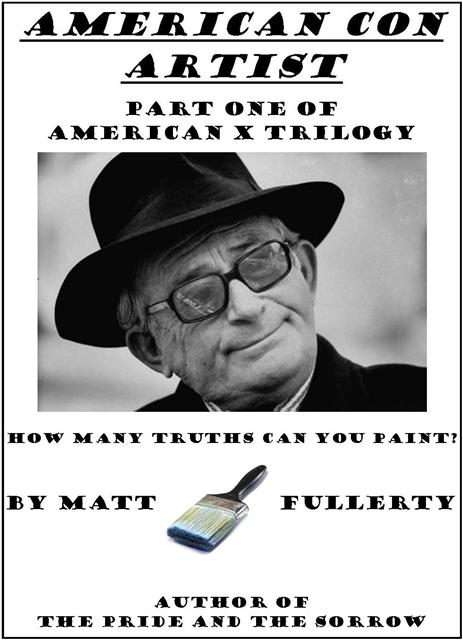cropped.jpg)
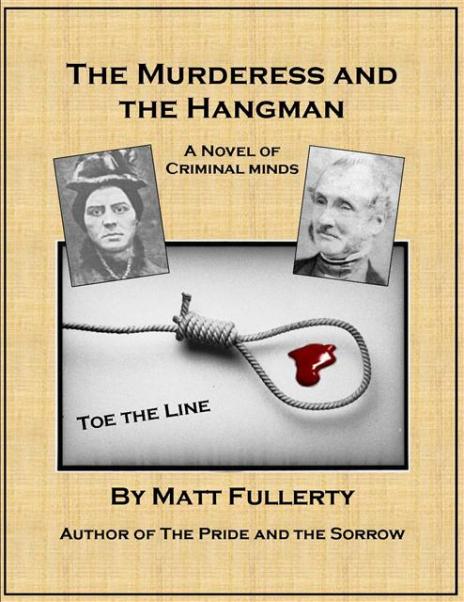.jpg)
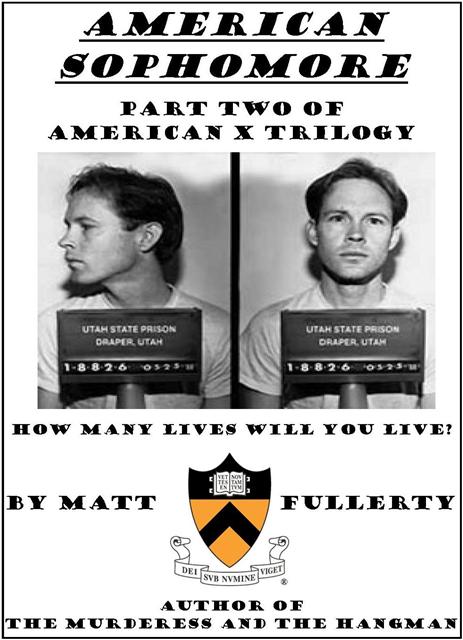cropped.jpg)
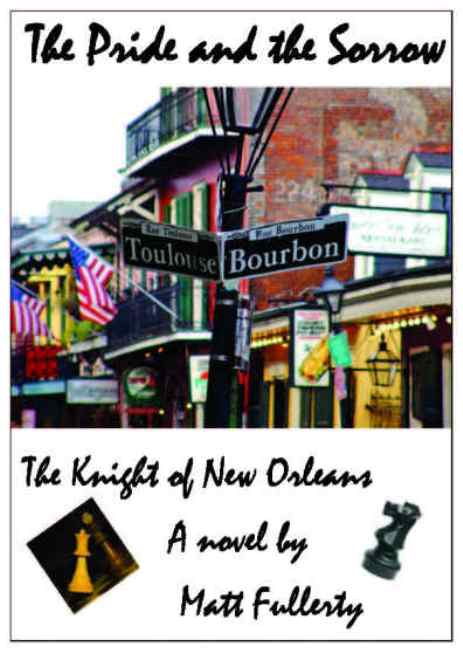2.jpg)
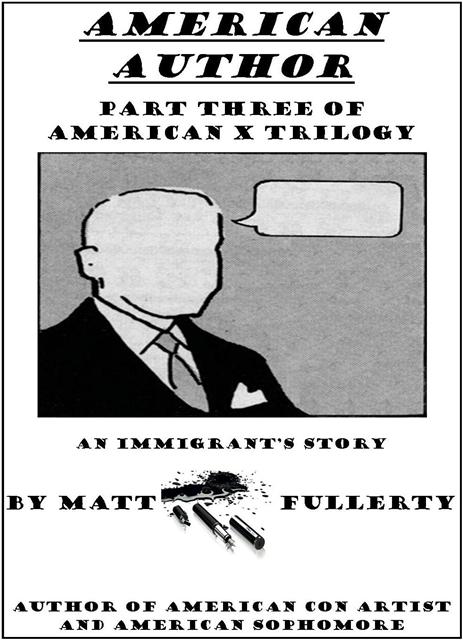Cropped.jpg)
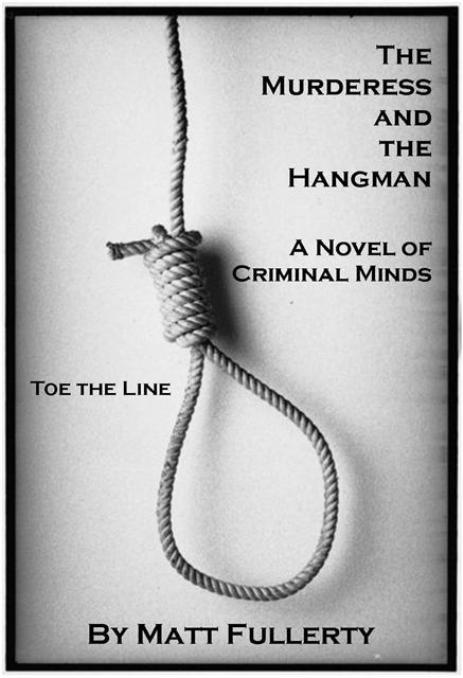cropped.jpg)
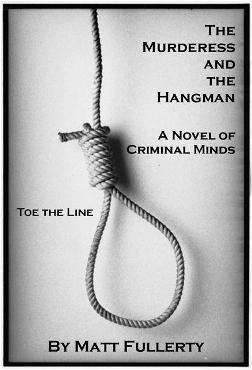4.jpg)






